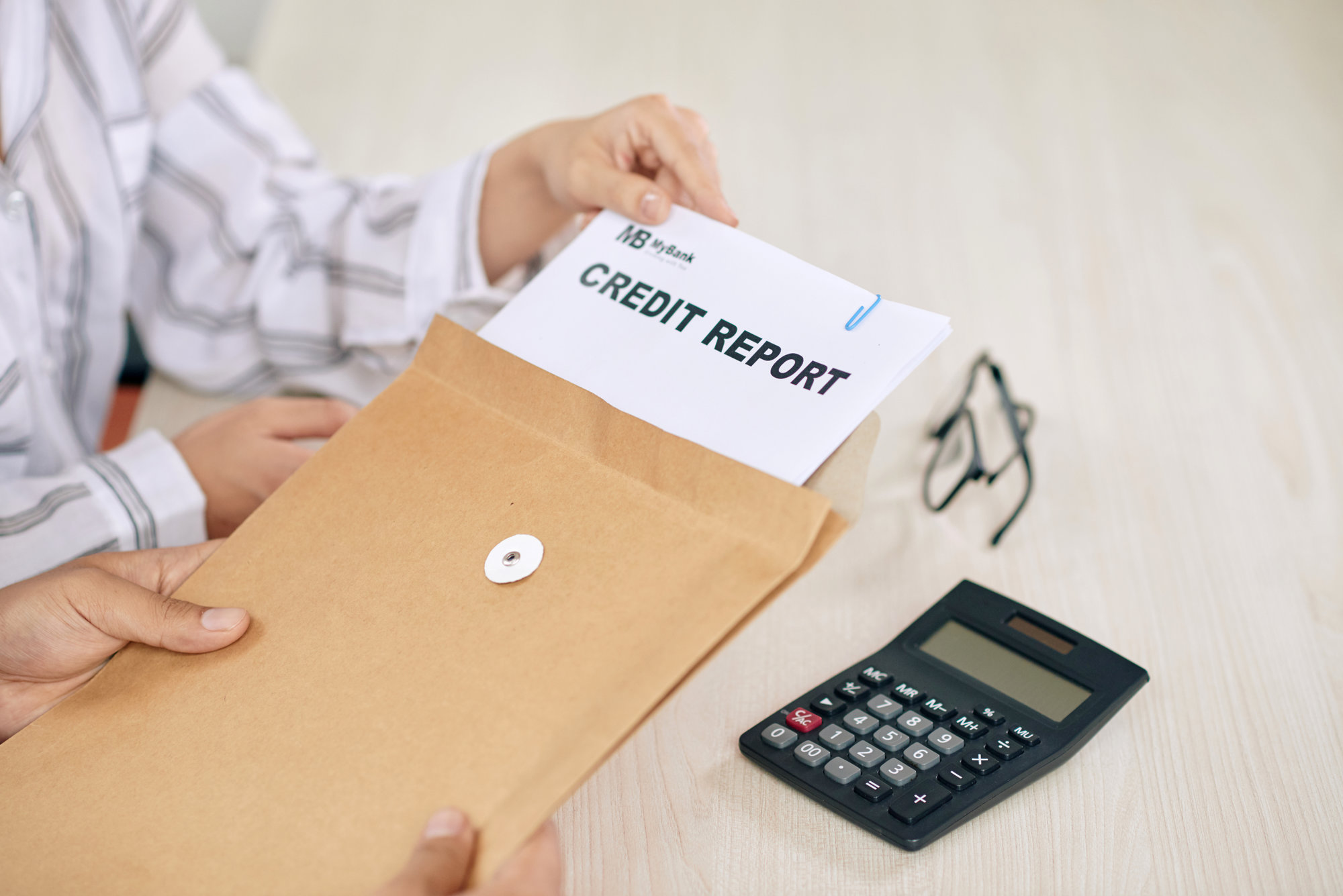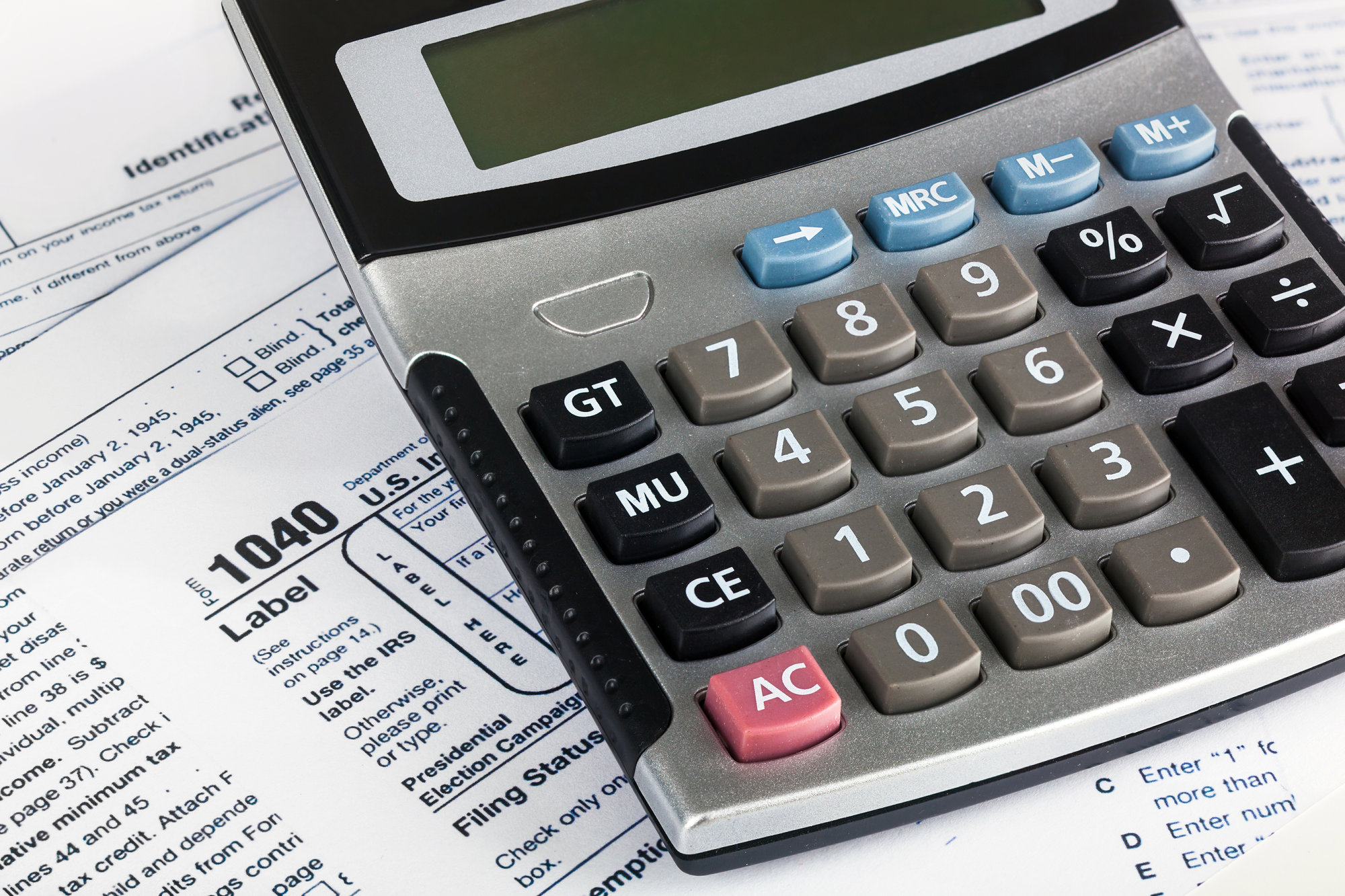Types of Mortgage Loans

Requirements to get a Loan:
- Credit Score: Your mortgage interest rate is determined based off your credit.
- Estimated Downpay: Keep in mind the size of your down payment most likely will impact your mortgage loans.
- Monthly Mortgage Payments: Lenders will look at your earned income and assets to assist them come up with a budget for a monthly payment. Lenders will consider the principal amount, taxes, mortgage insurance, homeowner fees, and even interest when assessing the budget.
Types of Conforming Mortgage Loans:
- Conventional Loan: often known as a conventional loan, is a house homeowner's loan that is neither given or guaranteed by the government. It can be obtained from a commercial lender or from one of the two government-sponsored firms, Fannie Mae and Freddie Mac.
Pros and Cons: The Pros are after fees and interest, the entire borrowing cost is usually cheaper than with an unusual loan. As well as for qualified borrowers, a down payment as low as 3% is possible. The Cons for some may happen to be if your deposit is less than 20%, you must pay PMI. Stricter requirements, including a minimal credit report score of 620 and a low DTI.
- Fixed Rate Mortgage: A house loan with a set rate of interest for the whole duration is referred to as a "fixed-rate mortgage." This implies that the mortgage has a fixed interest rate from start to finish. Fixed-rate mortgages are popular among people who want to understand how much they'll have to pay each month
Pros and Cons: Pros are that the monthly payments are fixed for the duration of your mortgage, making budgeting easier. This loan could also be for buyers looking to buy or refinance their forever home. However, the cons are if the interest rates are high, you may wind up paying more than that in interest alone.
- Adjustable-Rate Mortgage: is a mortgage loan with a periodic interest rate adjustment based on an index that represents the borrowing costs on the credit markets to the lender. The lender's regular variable rate/base rate may be applied to the loan.
Pros and Cons: The pros are for a limited time, cheaper interest rates are available. Those who are buying a starting house but do not plan to reside there for the whole length of the loan. The Con is if the rate rises, your monthly payments will rise considerably.

Types of Non-Conforming Mortgage Loans:
Government Backed Loans: A government-backed loan, also known as a Federal Direct Loan, is a loan that is subsidized by the government and shields lenders against failures on payments, making it much simpler for lenders to give potential borrowers reduced interest rates. Three types of government backed loans are: FHA Loans, USDA Loans, VA Loans.
- FHA Loan: The Federal Housing Administration, which is under the Department of Housing and Urban Development's authority, backs FHA loans. The FHA insures FHA loans, which basically means that if you default on the loan, this agency protects your lender. With an FHA loan, you may buy a property with a credit history as low as 580 and a 3.5 percent down payment. If you put down at least 10% on a property, you might be able to get an FHA loan with a credit history as low as 500.
- USDA Loan: A USDA home loan is a mortgage provided or backed by the United States Department of Agriculture's Rural Housing Service to assist families with extremely low to moderate incomes in rural regions acquire safe and affordable houses.
- VA Loan: A VA loan is a mortgage provided by the United States Department of Veterans Affairs. Active and retired military people, as well as their surviving spouses, can apply for VA loans, which are insured by the federal government but granted by private lenders.
Pros and Cons: There are ways to save money on both interest and down payments. Qualifying standards are less stringent than with traditional loans. Those who don't qualify for traditional loans or who don't have a lot of cash on hand can benefit from this. However the cons are to be eligible, you must satisfy certain requirements. Insurance premiums are needed for many forms of government-backed loans, which can result in increased borrowing rates.
- Jumbo Loan: a mortgage that exceeds the "conforming loan limit" imposed on mortgages eligible for acquisition by Fannie Mae and Freddie Mac, the government-sponsored enterprises (GSEs) that acquire and administer the majority of single-family home mortgages in the United States.
Pros and Cons: Their rates of interest are comparable to those of conventional loans. For a more costly property, you may borrow more. Those with an excellent credit score and a low DTI who require a loan bigger than $548,250 for a high-end property may be eligible. However the cons are that it's difficult to be approved for, needing a credit rating of 700 or above, substantial assets, and a low DTI ratio. You'll require a substantial down payment, usually between 10% and 20%.

Want to learn about the difference of Conforming versus Non-Conforming mortgage loans? Read our blog to learn more!
Posted by Tom Crimmins Realty on
Leave A Comment